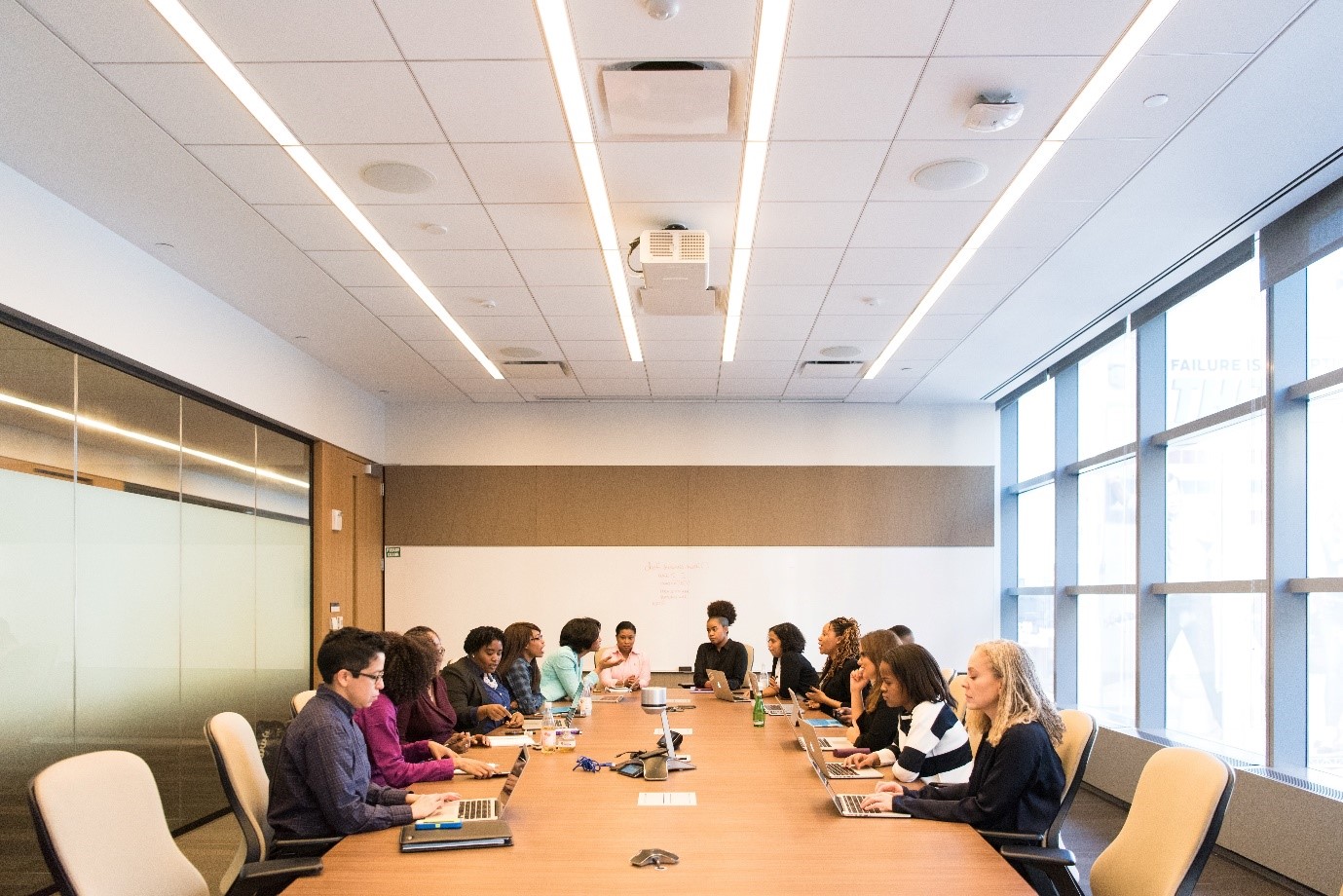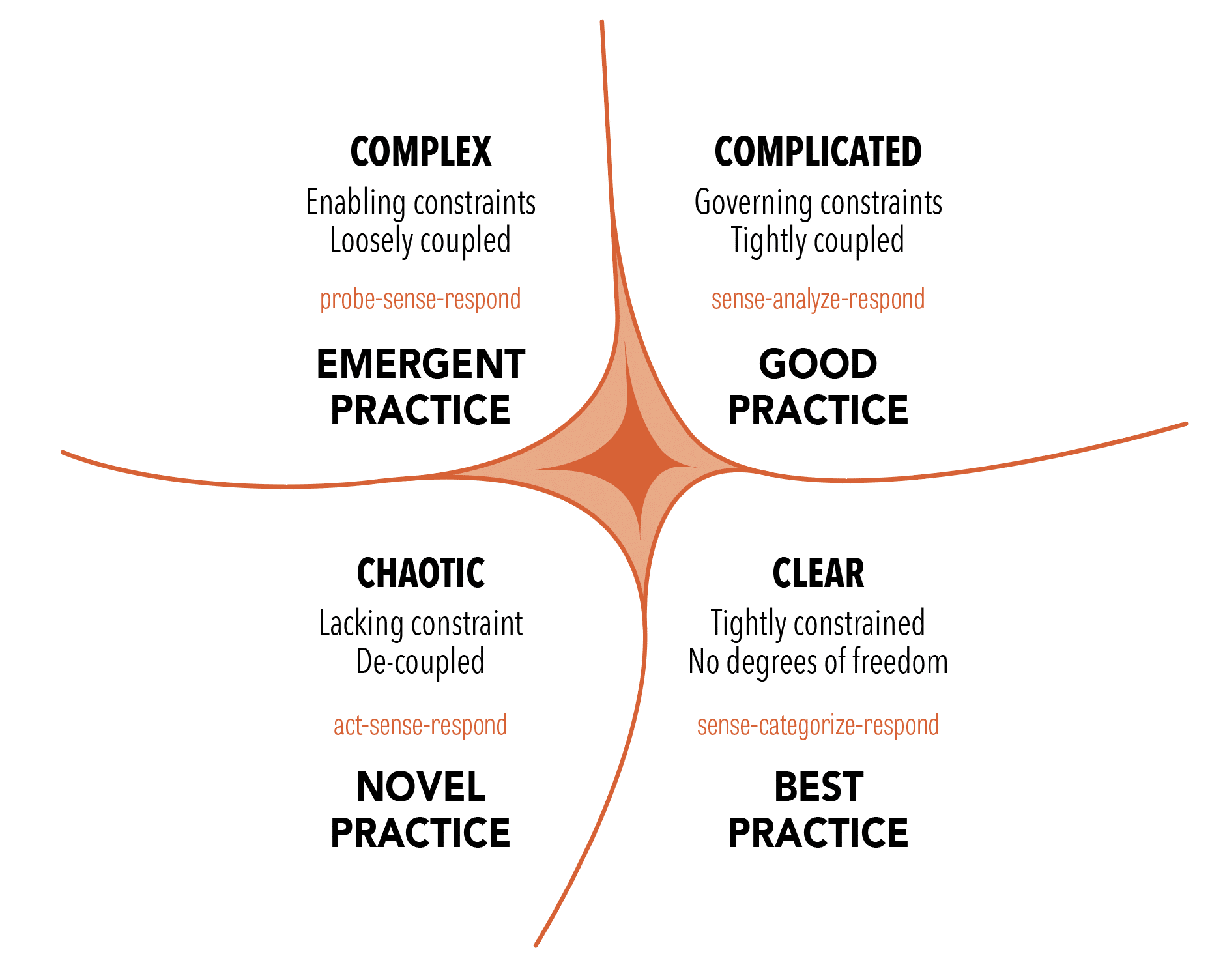
How hard is it to break the rules of a culture
Question: How hard it is to break the rules of a culture?
Answer: Really, really hard. But definitely not impossible. It involves noticing what’s going on, disrupting what’s going on and then working with the impact of the disruption. Take a small example: I am sure you have been in a meeting where the conversation is going off beam. Maybe someone is talking for too long and so – as always – the meeting ends before everyone has contributed to and agreed the outcome. You are sat there thinking, I will say something. And yet you don’t. Because the little voice in your head is saying
“We don’t do that here”. For “that” you could read challenge someone personally, stop someone who is talking, express concern about the process. The ‘rules’ are that only those leading the meeting intervene and they are often those with most to say…
No one ever says out loud these are the rules and yet we all know exactly what the rules are.
And the rules are powerful.
So how do you shift a cultural pattern of behaviour that isn’t helping? We have worked with a number of teams over a period of time and what they say helps is when we all:
– Create space to reflect and say what people are noticing. Programme in a 15 minute pause for people to reflect on how we are having the conversation.
– Frame at the beginning that everyone sees things differently and they are all right. It is the diversity of views that will help to create new solutions
– Value every voice. Maybe you say “what about the people we haven’t heard from yet”, without identifying any individual. Or occasionally, depending on the size of the group, you might go round the whole group and get thoughts from everyone
– Make people feel they are not on their own. Sometimes starting a conversation in pairs before opening the whole group conversation can create a much more wide ranging discussion as people get chance to test their thinking on someone else and worry less about looking foolish..
– Keep doing it – creating space to reflect on how we are having the conversation. As people get more familiar with it they will say more of what they are really noticing.
And of course there are some underlying skill sets that can make a big difference to the productivity of your conversations. Talk to us if you want to know more. https://www.levati.co.uk/


